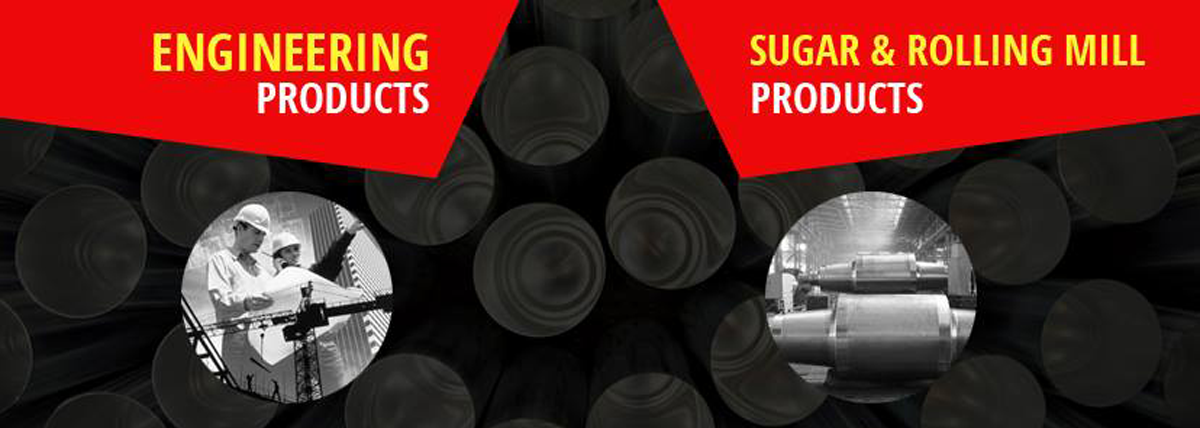
Alloy steel is an indispensable item in almost all industrial applications. What is alloy steel? Steel when combined with other elements in differing proportions is termed as Alloy Steel. The elements that are used in the combination are namely Nickel, Chromium, Vanadium and Molybdenum.
Alloy steel is classified into two groups and they are low alloy steel and high alloy steel with the variation between the two ranging from 4% to 8%. However, the term alloy steel is largely associated with low alloy steel. Steel when combined with other elements in less than a proportion of 5% lends greater hardenability and strength to the resultant alloy while combining larger proportions of it makes it more resistant to corrosion and tolerable to extreme temperatures.
Properties of Alloy Steel
Stainless steel is an alloy of steel that has at least 10% chromium and this enhances its anti-rust property making it most suitable for kitchen utensils, surgical implements, aeronautical parts, cutlery etc. Stainless steel plates’ suppliers will vouch for the versatility of this material. Adding the other elements in different proportions lend different attributes to the alloy steel. Addition of nickel enhances the toughness while vanadium heightens anti-corrosive properties and molybdenum adds on to the material strength.
Some properties of alloy steel which make it a popular choice in several industrial and commercial applications are enumerated below:
Anti-Corrosive: Use of alloy steel prevents the metal surface from being rusted due to oxidation. All the elements including Nickel, Chromium, Vanadium and Molybdenum show anti-corrosive properties.
Ease of Being Machined: It refers to the ability of the metal to be easily machined after being put through varied mechanical processes which is exhibited by alloy steel.
Hardness: The capability of becoming hard on heating and cooling is hardenability and this enables the transformation of austenite metal to martensite at specific temperatures.
Readiness to be Welded: Alloy steel can be easily joined or welded to other surfaces. Combinations of Nickel, Chromium and Molybdenum need to undergo pre and post heating if large sections have to be welded.
Multifarious Uses of Alloy Steel
Alloy steel products are used in varied industrial applications which have demanding requirements. Whether the industry is small-sized, medium-sized or large these products are needed at some stage or the other of the production process. Pipes and bearings are two major products made from alloy steel. Other products include tubes, wires, round bars, plates and sheets, forged fittings, outlet fittings, butt weld fittings etc. The applications where these products find use are gas and oil drilling rigs, pipelines for other sectors, construction, manufacture of electrodes, mounts for aircraft engines, production of heavy duty electronics components, radiation shields, wear resistant coatings, steel building systems, shafts and axles of power transformers, electric motors, coatings of solar cell and many more. The list is almost endless.
Alloy steel products are indispensable to businesses of any kind and size. However, for obtaining top quality it is essential that they are bought from a reputed manufacturer. The internet or the yellow pages are the right source for getting a comprehensive list of such alloy steel round bars suppliers and other related product suppliers who will offer good quality for competitive prices.

